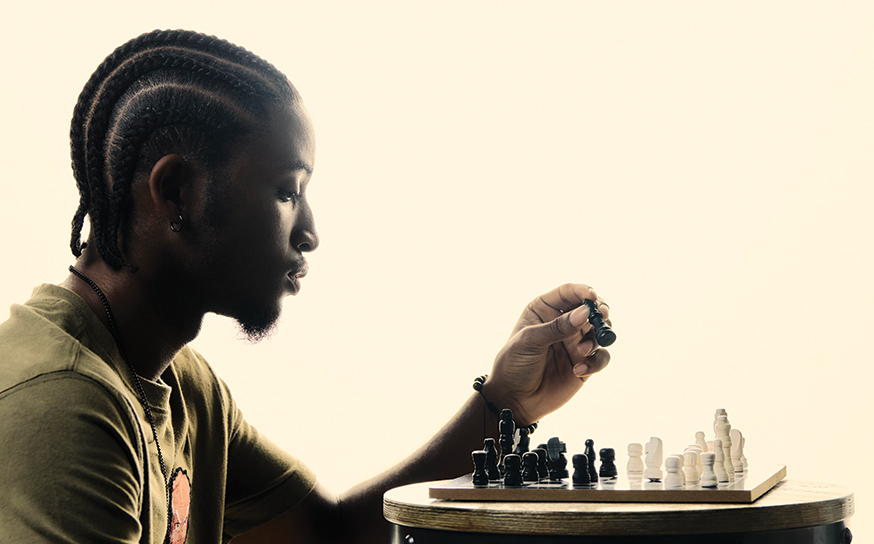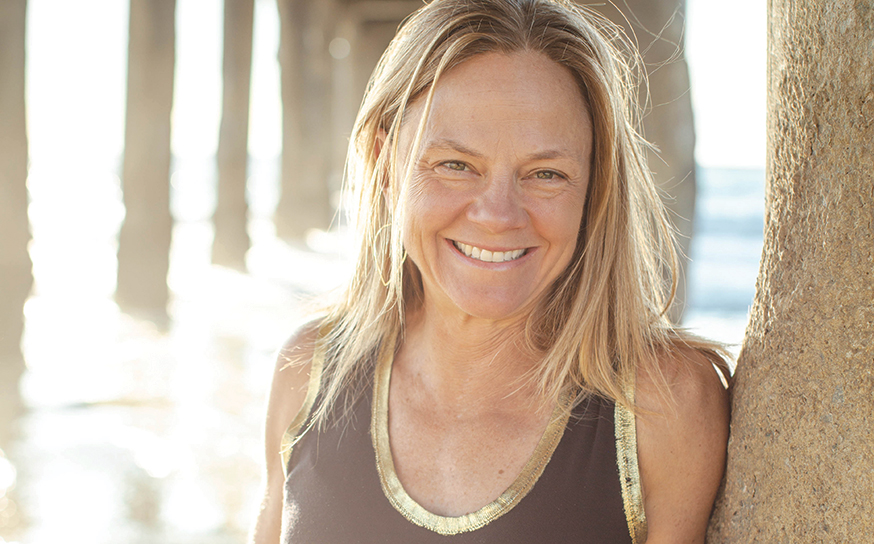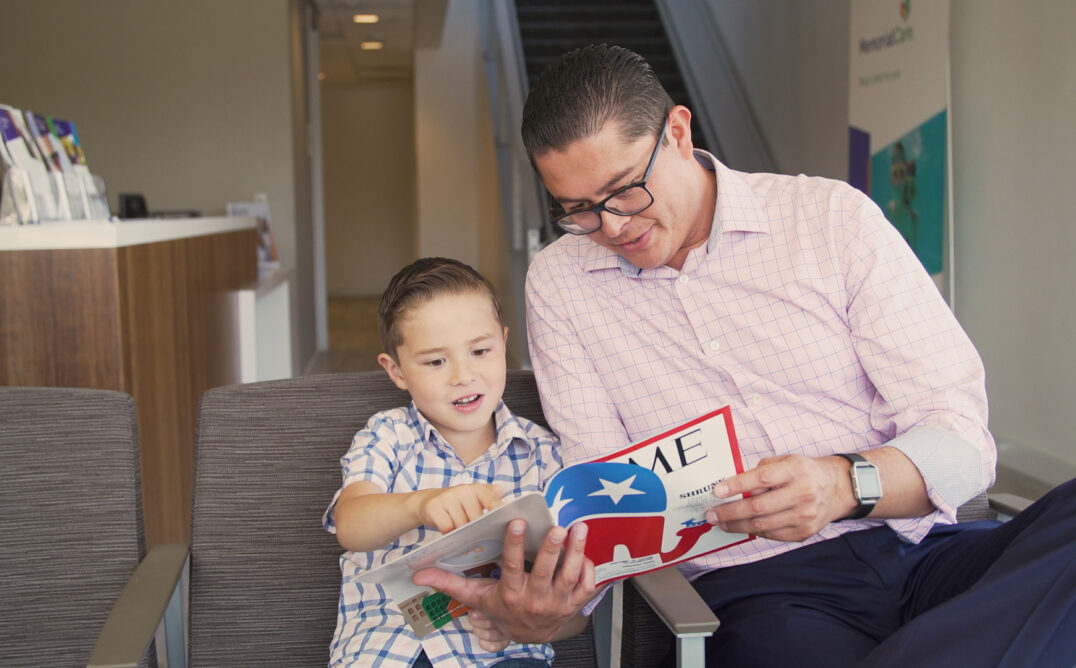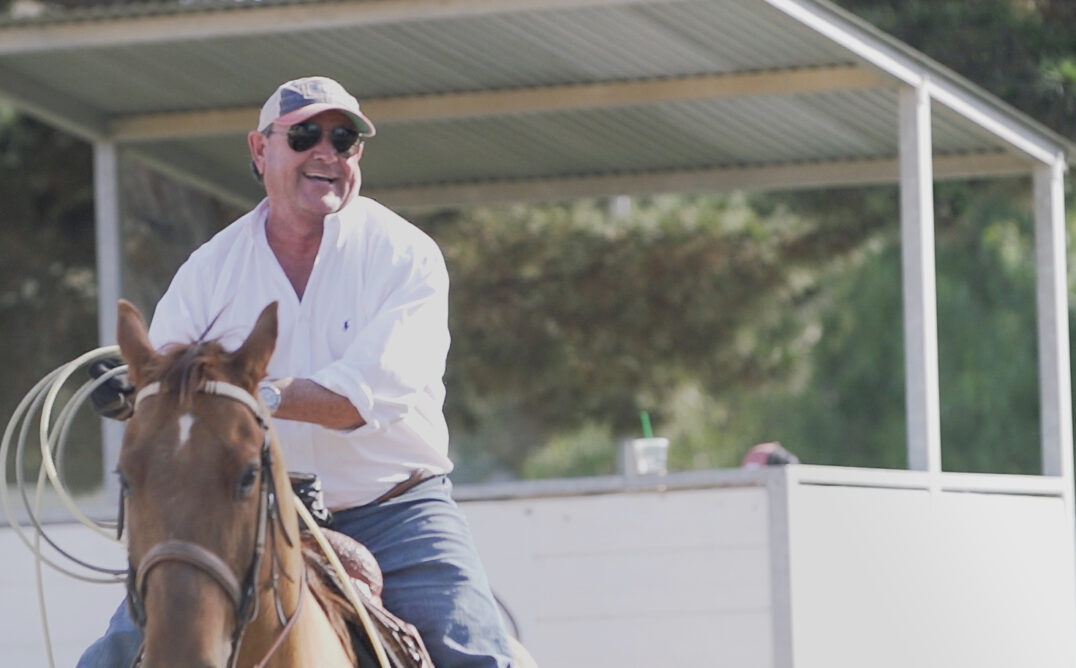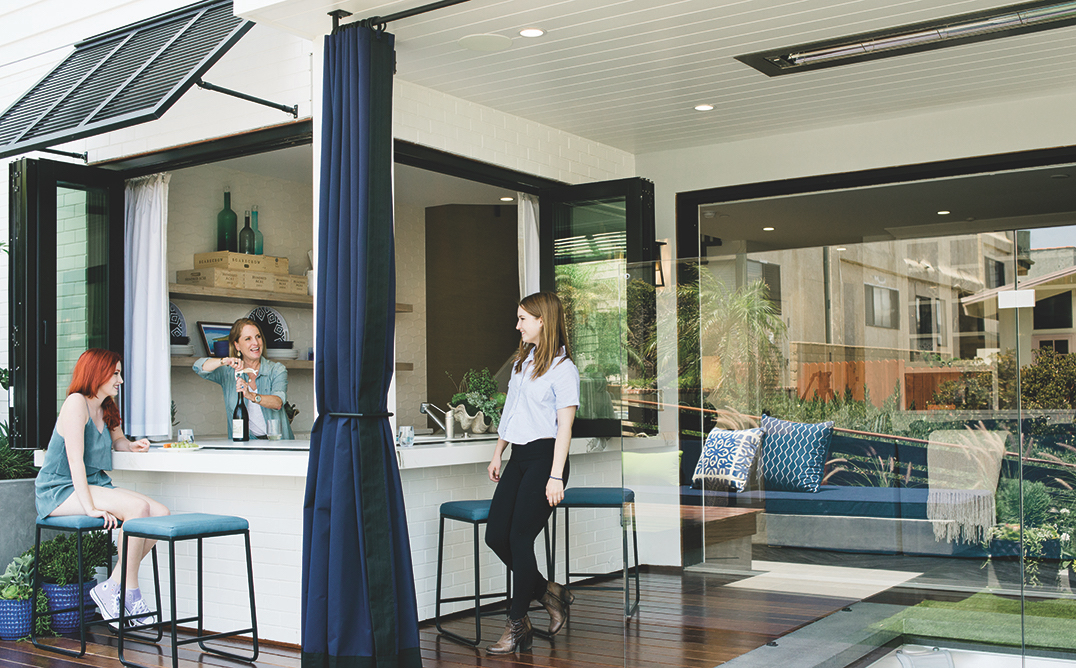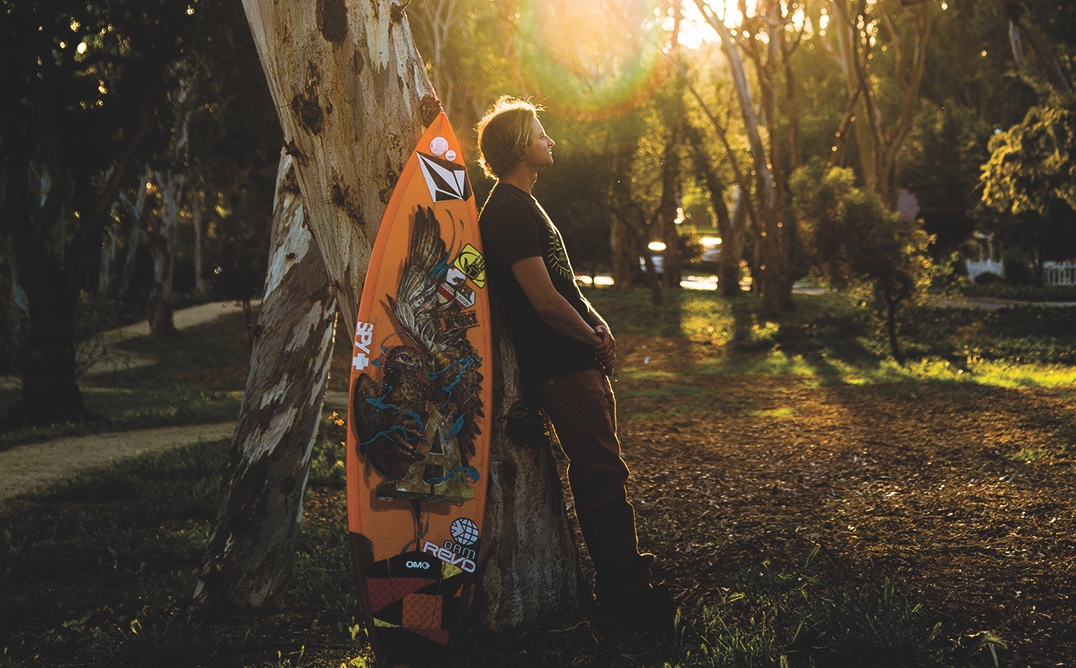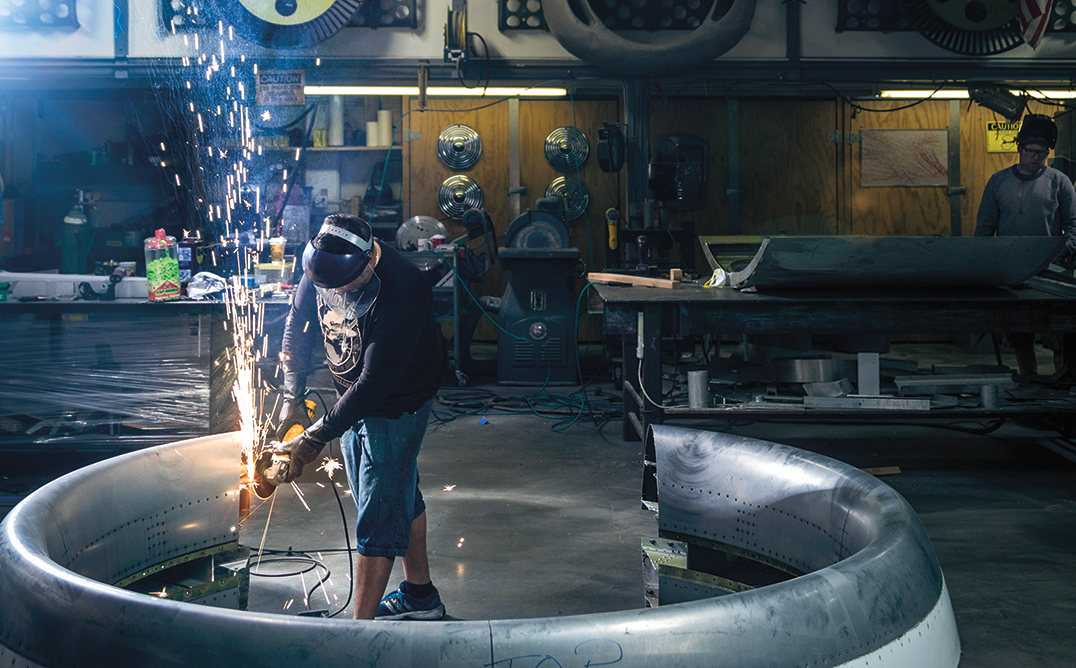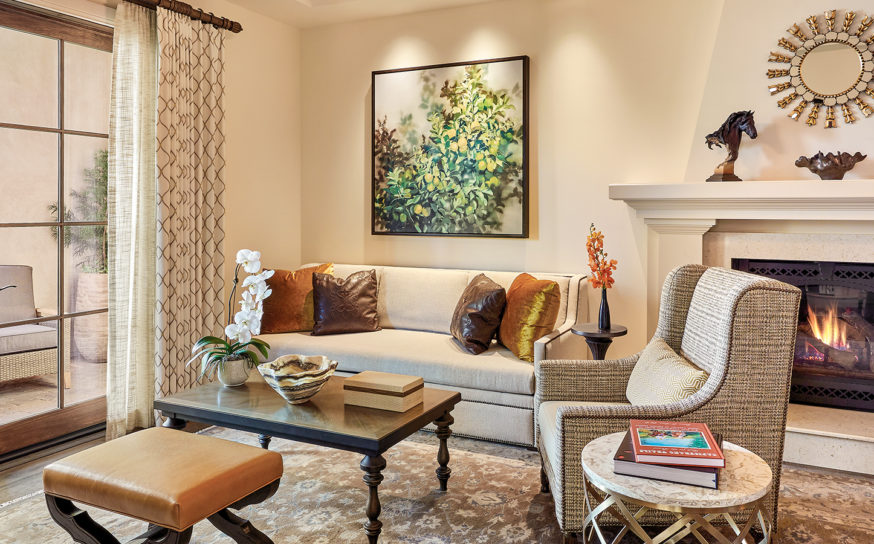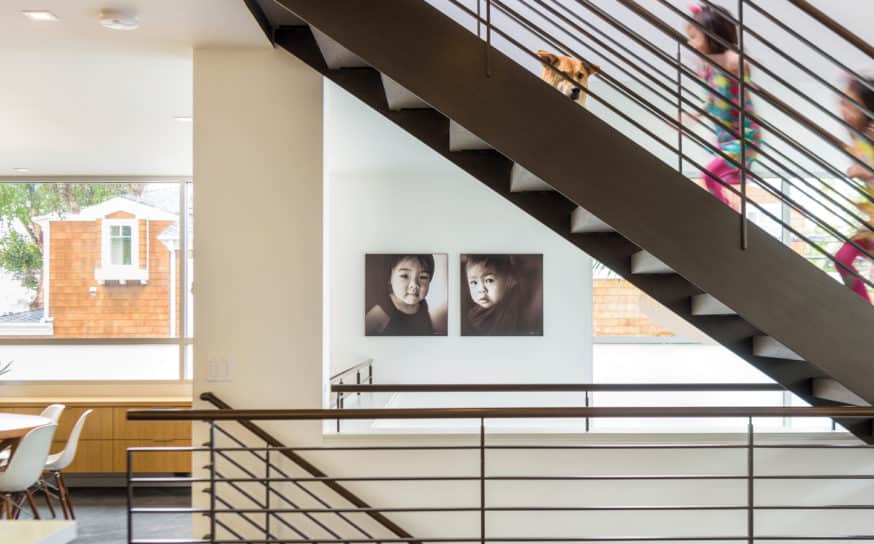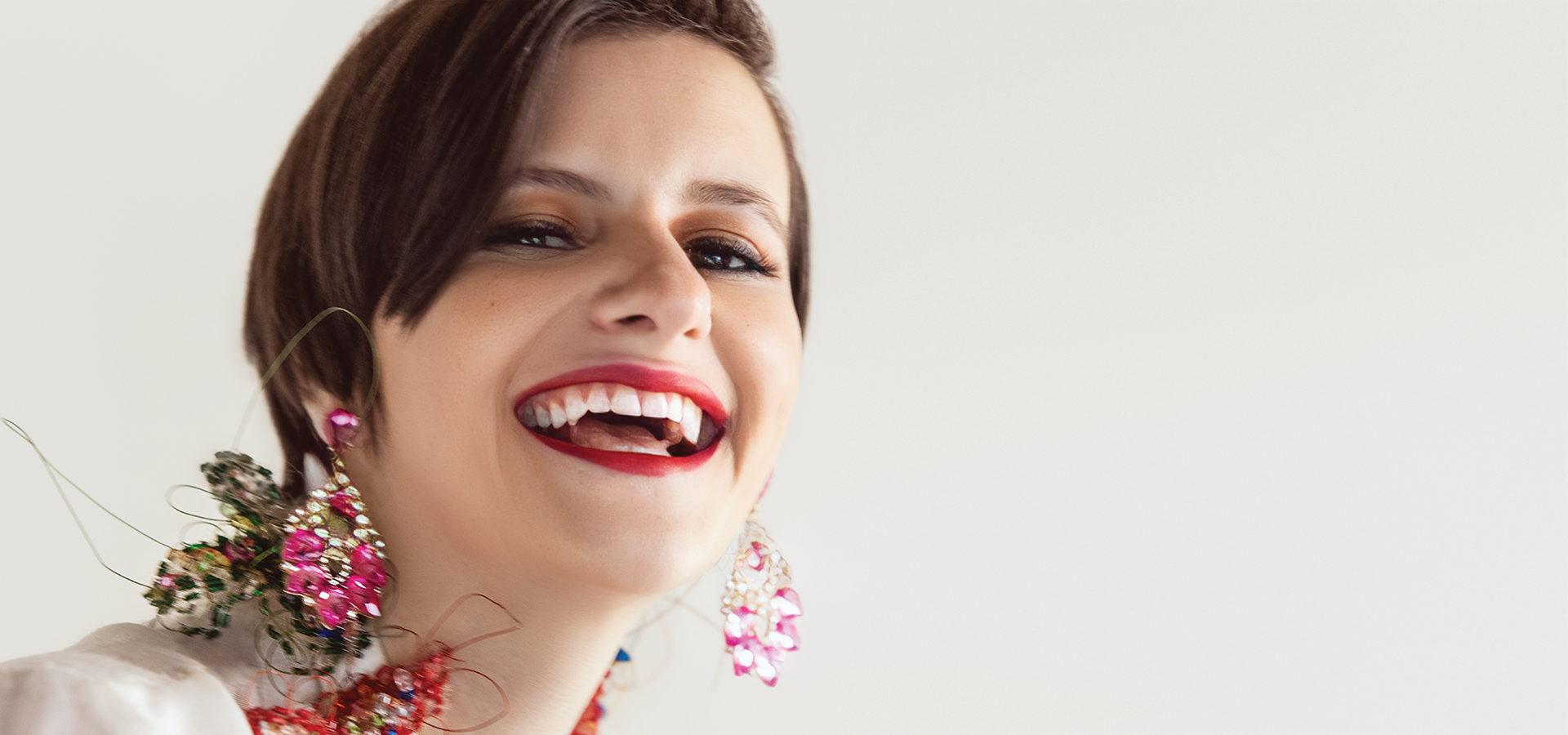
South Bay Native Lillian Carrier Is Providing Important Resources for Autistic Teens and Young Adults
Representation matters.
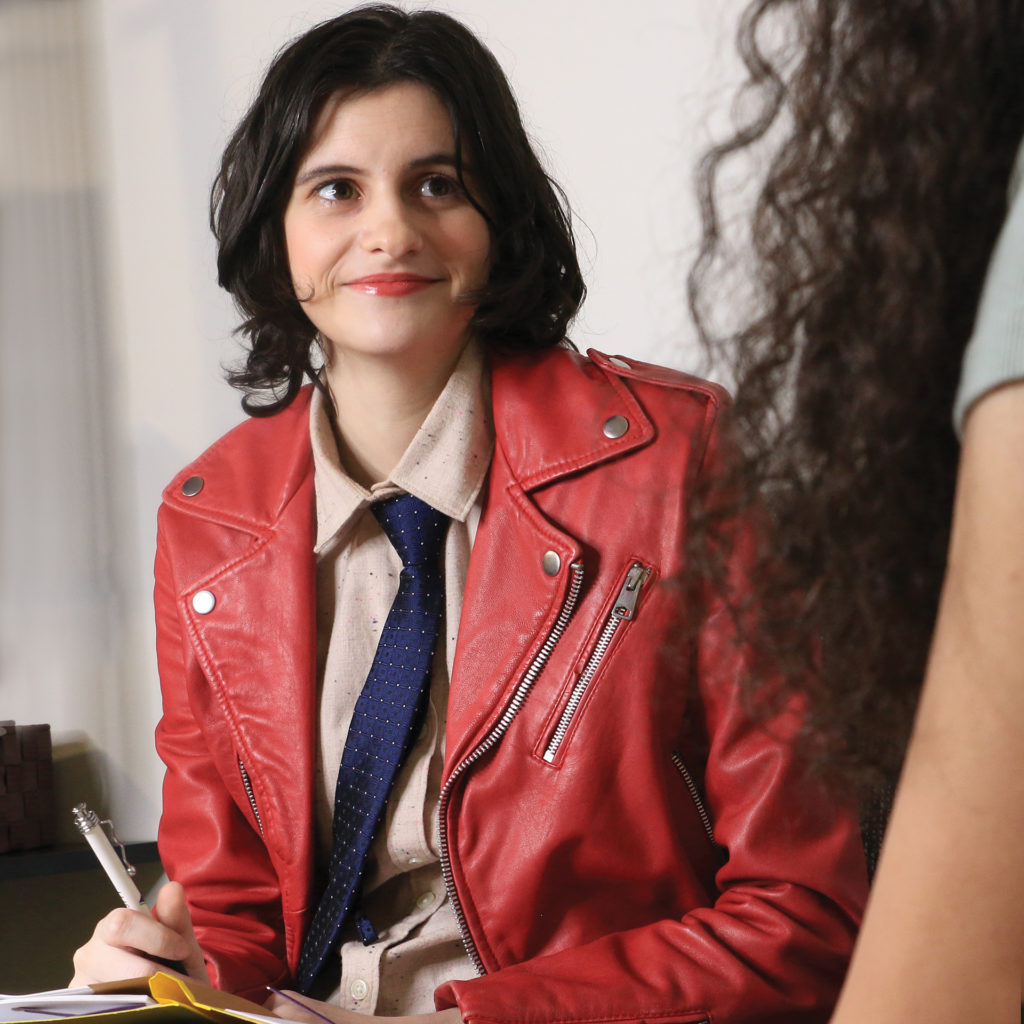
Photographed by Chloe Estelle
Actor and cofounder of OurTism, Lillian Carrier was 16 years old when she was diagnosed with autism. “I had so many struggles in school and socializing,” she explains. “And then finally at 16, getting that diagnosis was a relief. My whole life, I thought, ‘Why are things so hard?’ People can just walk into a room and talk and not have people get angry at them. They can go into this loud, sensory-overload room, and they’re calm. They’re acting like nothing hurts them. It’s not painful. It’s not uncomfortable.”
Lillian’s diagnosis helped explain some of the challenges she had been facing. It came with new information and resources. Overall it was a positive experience for her and her family. She is quick to point out, however, that many families have a very different experience.
“It’s so negative,” Lillian says—especially for the parents of very young children whose diagnosis often comes with a list of things they’ll never be able to do. “They’re told their child will never hold down a job, that they may never graduate school, that they’ll never be successful, that you’ll always have to take care of them. They’re given this sentence at 3 years old. You don’t know that. You have no idea who that person is going to be, what they’re going to achieve, what they’re capable of. To tell that to a person is heartbreaking.”
Lillian was 5 years old when she first went to theatre camp. “I didn’t like most summer camps; they were overwhelming and overstimulating,” she remembers. But theatre camp was different. The structure was calming for her. “You had these specific things that you did over and over. It was a really good place for me, and I really enjoyed it.”
As Lillian grew older, theatre became more than just a source of comfort and enjoyment. It began to serve as a guide for navigating social situations.
“I really, really struggled with social skills,” she says. “When I would interact with people and I would do something wrong or do some sort of social faux pas … usually if you make someone angry or upset or whatever, you can’t ask them in that moment what the social faux pas was or what happened. But when I was in theatre, I was able to read a script and do a scene and watch interactions and go, ‘Oh, when that person does this, it makes them angry.’ I was also able to ask questions when I did scenes, as well as learn how to perform facial expression and body language, which I didn’t know naturally.”
Acting was incredibly rewarding for Lillian, but it wasn’t until a job coach brought an interesting opportunity to her attention that she began to consider it as a possible career. There was a show looking for autistic actors.
“I’ve very rarely found someone who could relate in any way to me. So to be that person on screen, it was the best feeling in the world.”
“I went home to my family, and I was like, ‘Is this something we should even attempt? Is it the right move for me?’ And my sister, Chloe, who was in film school, was like, ‘Yeah. I’ll film your tape for you. Send it in. What’s the harm?’
Shortly after sending in the tape, Lillian got a callback. A week later she was reading for the network, and a year later she was filming a TV show. The first season of the show, Everything’s Gonna Be Okay, premiered on Freeform in January 2020.
“We just kept pinching ourselves,” notes Lillian’s mom, Gail Carrier. “Originally, she didn’t get the part she auditioned for. But [Australian comedian and the show’s creator, Josh Thomas] called her that night and said, ‘I want you on my show. I’m writing you a part.’”
Josh wasn’t only writing a part for Lillian; he was writing a part inspired by her. “The character’s personality and interests were a bit different from mine, but [Josh] wanted her autism and her specific traits to be like mine,” Lillian notes.
“Having someone so similar to me on the screen was a little bit nerve-wracking,” she adds. “I was definitely scared that people wouldn’t like [my character], scared that I’d do something wrong and people wouldn’t like the show.”
But the response Lillian received was overwhelmingly positive. People were seeing a representation of themselves on screen, and it was meaningful.
“I’ve always felt so alone in the world,” she shares. “I’ve very rarely found someone who could relate in any way to me. So to be that person on screen, it was the best feeling in the world.”
In addition to her acting role, Lillian worked as a consultant on set—from how her service dog would be positioned in a scene to wardrobe to sensory insights. “We were able to talk about things that I really wanted in the script,” like stimming, she says about the repetitive movements or noises that are common for many people with autism.
“I didn’t want it to be a negative thing,” she explains. “That’s not how autism works. We stim every day. It’s emotional regulation, and it can be over nothing or it can be a very happy thing. You can be so happy that you want to slap your arms and smile. There’s a happiness and a cuteness to it that I feel like the show nailed.”
A wider, more accurate representation of autism, as well as a shift from the hopelessness that often originates with an early diagnosis, are two things Lillian would like to see evolve. Through her and Chloe’s personal experiences navigating their autistic diagnoses as teenagers—the girls are twins—they built OurTism as a program catering to autistic teens and adults.
“We found there is very little to no support for adults,” Lillian notes. “Autism is a lifelong thing; we don’t just turn 18 and stop needing help. That’s when we want programs that can help us be as independent as possible and be able to thrive.”
OurTism is based in Redondo Beach, but their community has no boundaries thanks to online resources. “It seems to be really helpful, and we hope it keeps growing,” shares Lillian. “People enjoy it.”
Southbay ‘s Annual Spring Style Guide Has the Latest Fashion Trends, Jewelry, Home Goods and Gifts!
Shop local and support our amazing businesses.







